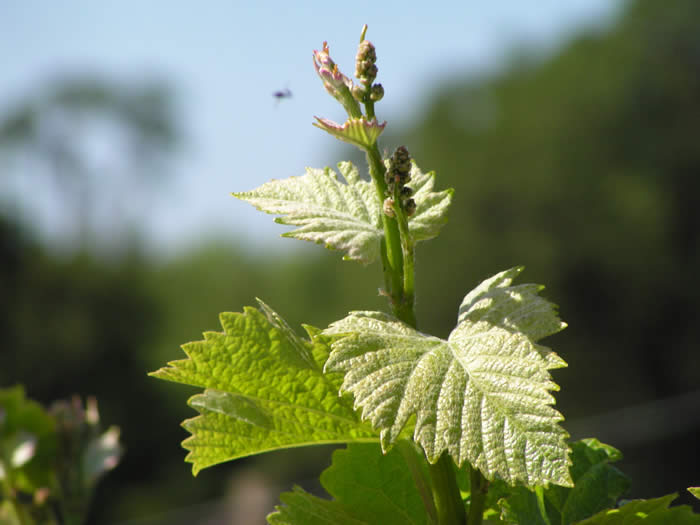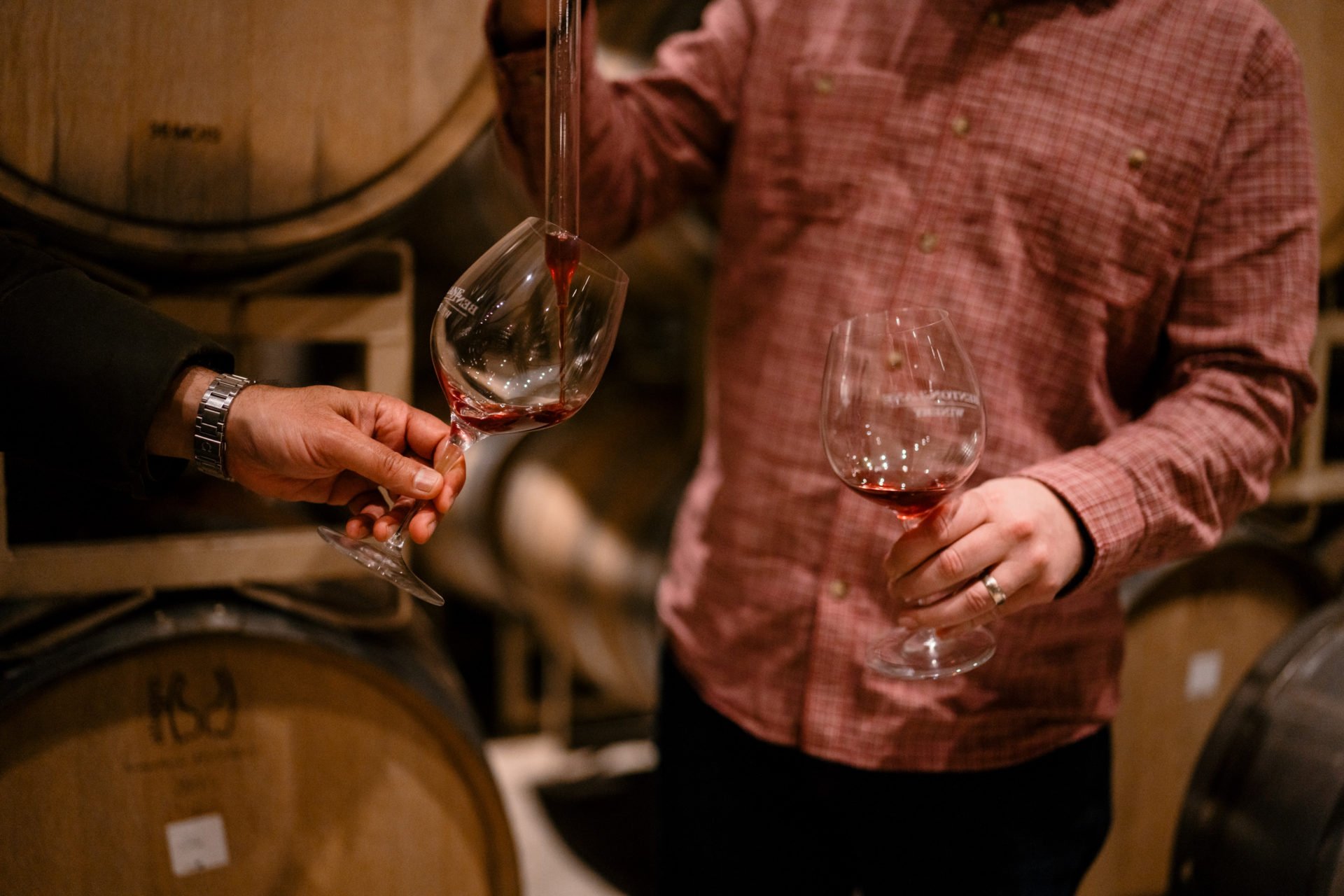Wine Making
Benton-Lane does not entrust its wine quality to only one palate. They do not have a winemaker. They have a dedicated, democratic wine team to craft the wine. Benton-Lane’s wine team and vineyard management work closely together to ensure the grapes that arrive at the winery during harvest are at the optimal level of maturity to produce wines of the highest possible quality. The interaction between the vineyard and the winery extends throughout the entire year because every decision made in the vineyard has potential to impact the ultimate quality of the wine.
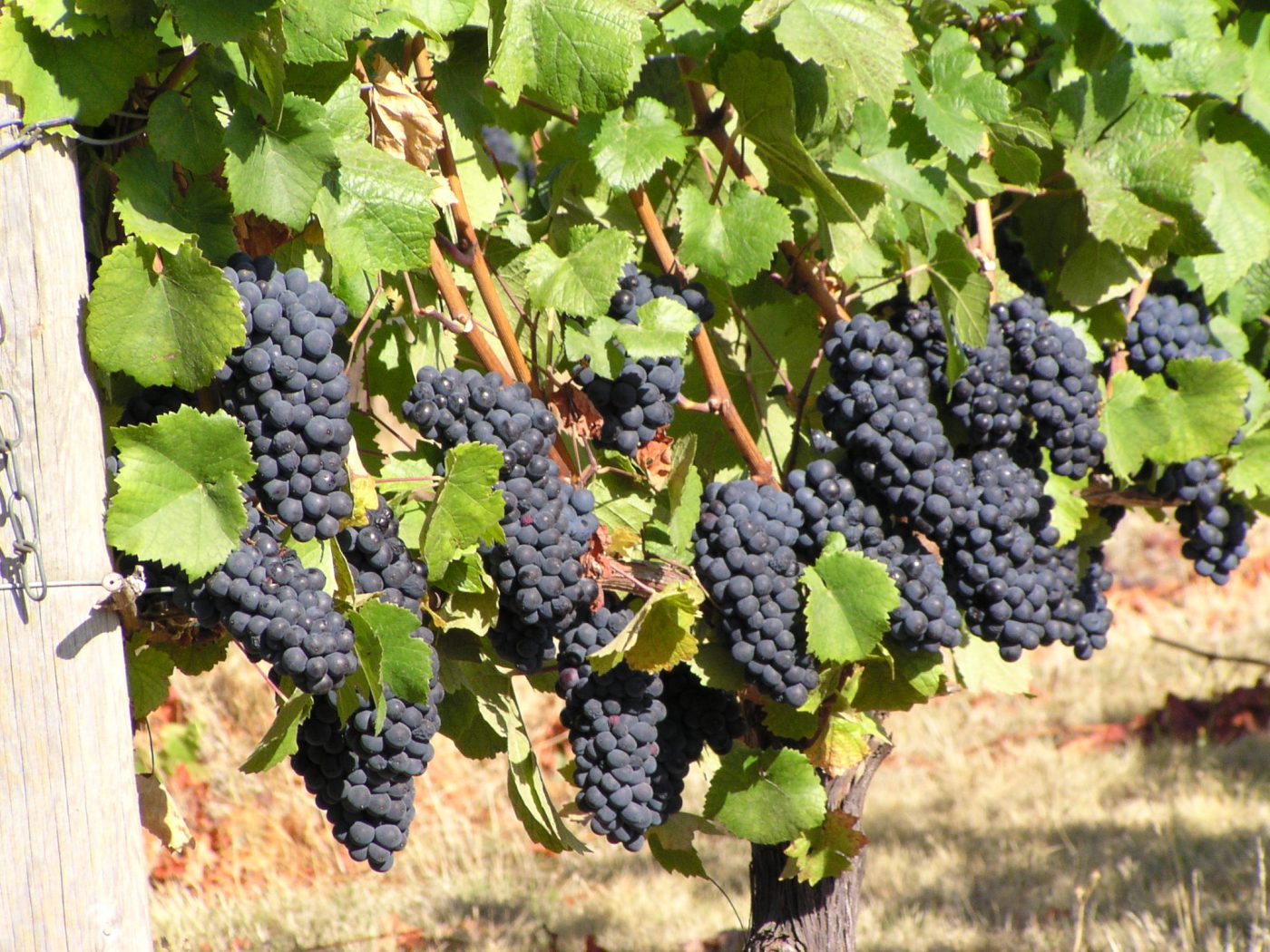
Pinot Noir
Great Pinot Noir is made with a gentle touch here at Benton-Lane. During the harvest, picking is coordinated carefully to keep pace with the winemaking activities so the grapes are at the optimal level of ripeness and freshness to make the finest possible Pinot Noir. The grapes, fresh from the vineyard are first sorted by hand to remove any immature clusters, leaves, or other undesirable material. Then, the grape clusters are de-stemmed leaving mostly whole grapes to be fermented. Benton-Lane utilizes two different fermentation techniques in the winery.
Tradition
On many lots of grapes, Benton-Lane uses the traditional, very small lot, hands-on technique that has been used for centuries to make the world’s finest Pinot Noir. They use 1 ¼ ton, open-top fermenters. The cap of skins, pulp and seeds that float to the surface of the fermenting wine is “punched down” by hand to get optimum extraction of flavor and color from the skins. Benton-Lane’s “FIRST CLASS Pinot Noir” is produced utilizing this method because of the richness and concentration it produces.
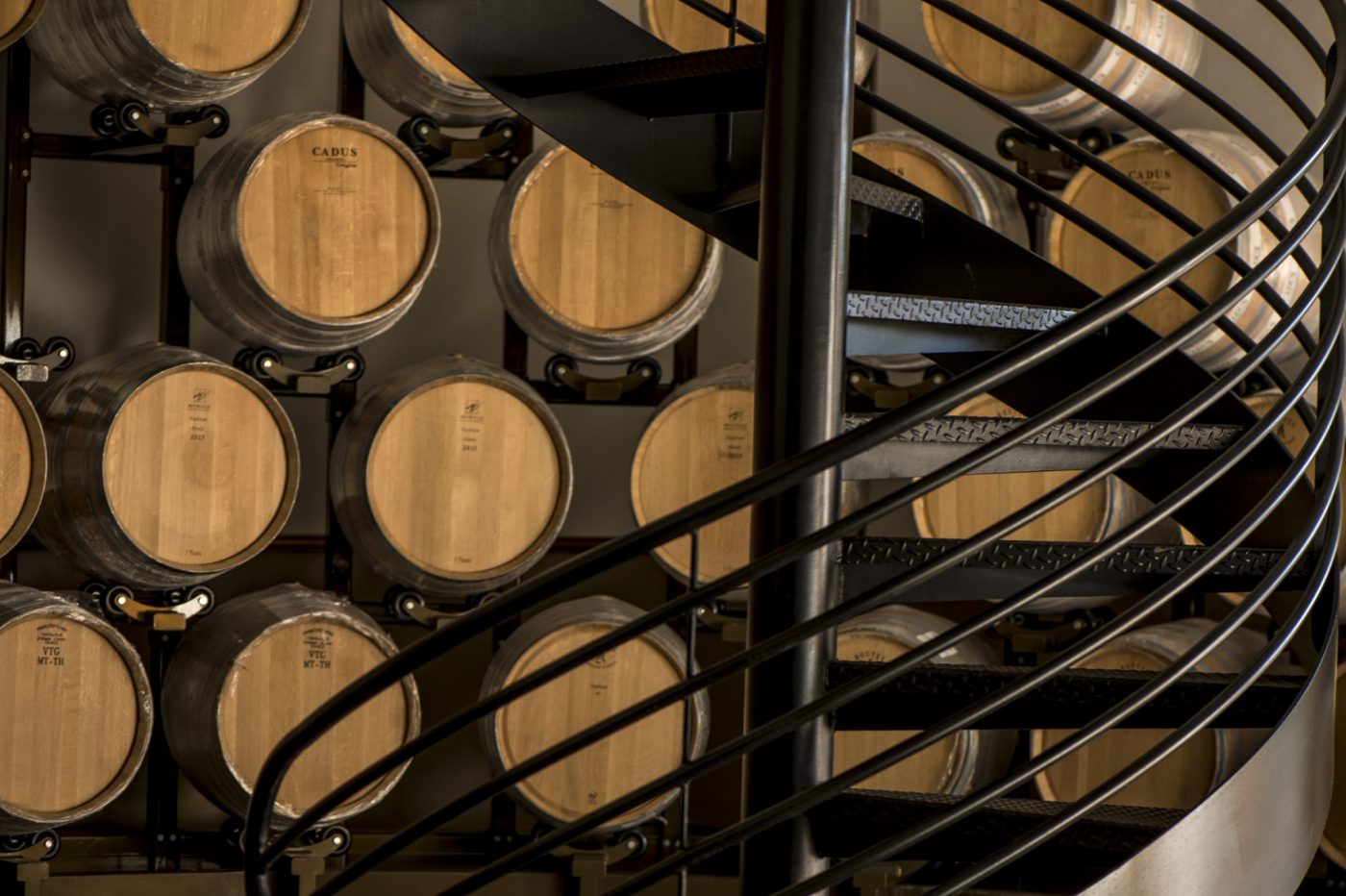
Innovation
The silky, velvety character that is the hallmark of Benton-Lane’s Estate Pinot Noir can be, in part, attributed to the use of the innovative fermentation technique of “pneumatage” which Benton-Lane introduced in 1998. This method gently extracts the flavor and color from the grape skins during fermentation, while minimizing the amount of potentially harsh, bitter tannins from the grape seeds that can enter the wine. This revolutionary technique involves forming large air bubbles in the bottom of a tank of fermenting Pinot Noir. These bubbles rise through the wine and gurgle through the cap gently extracting the flavor and color. The process is so gentle that most of the grape seeds remain within the skins, minimizing the extraction of their bitter tannins into the wine. The health of the yeast in the fermenting wine benefits from the oxygen in the air bubbles that pass through wine during pneumatage. Healthy yeast produces higher quality wine with less likelihood of flavor-robbing anomalies.
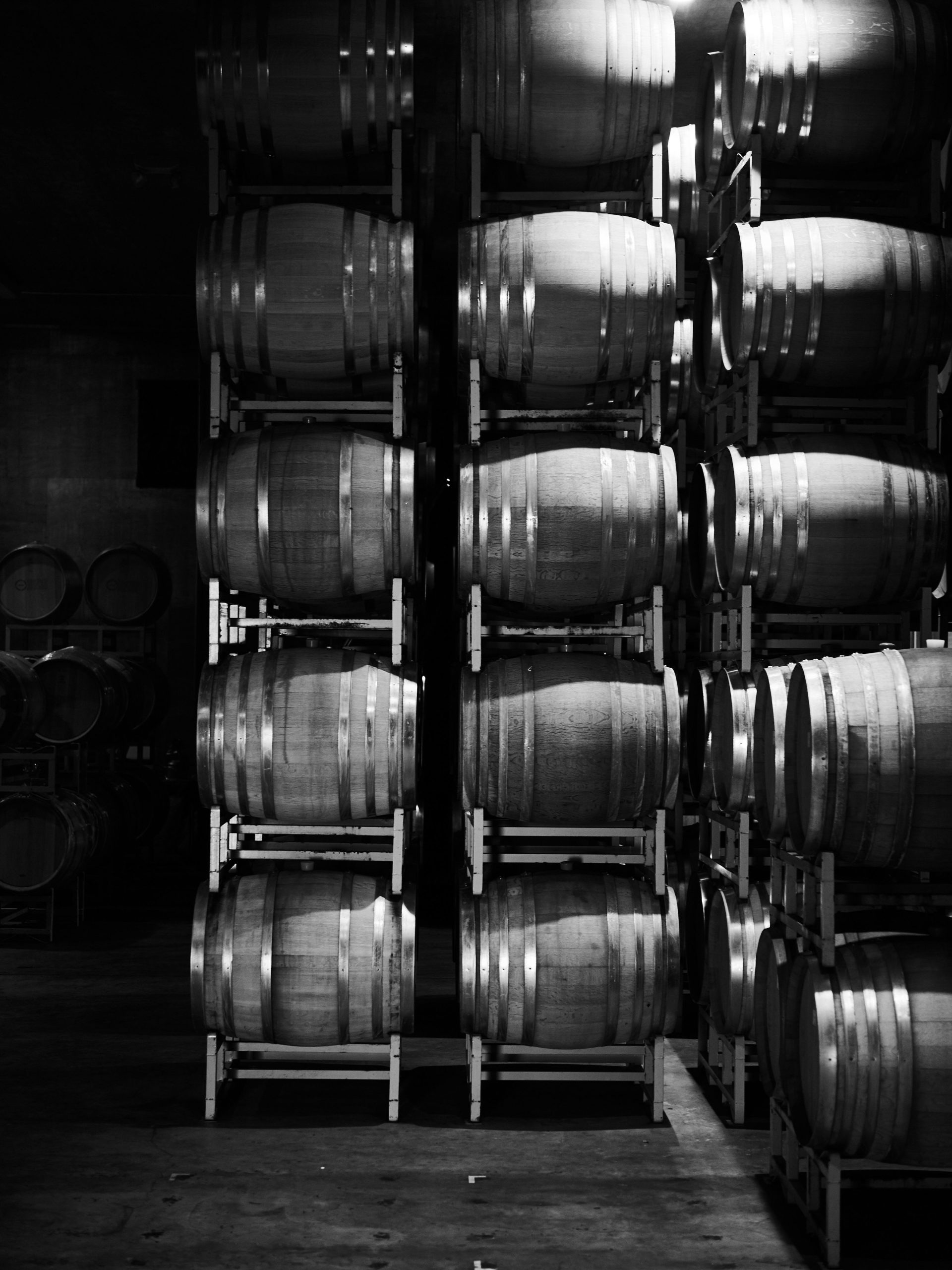
Barrel Aging
Benton-Lane Pinot Noir ages between 10 and 15 months in barrels. The wine team uses a combination of new and used French oak barrels that are carefully maintained to ensure fresh, clean flavors in the wine. Barrels made from oak of different French forests impart different flavors and textures to the wine and the wine team carefully selects a variety of barrels to enhance the Pinot Noir’s complexity and flavor.
Techniques used by different coopers (barrel makers) have an effect on how the barrels age wine as well. Consequently, Benton-Lane purchases barrels from several different coopers in the proportion the wine team chooses to best complement the wine style and flavor profile.
Pinot Gris
The owner and co-vineyard manager of Benton-Lane work carefully with their neighboring Pinot Gris grower to ensure the vineyard is carefully maintained and the grapes are harvested at the peak of maturity. The whole grape clusters are loaded directly into the press. The resulting juice has minimal contact with the skins because they contain bitter phenolic compounds that could be detrimental to the wine quality. The majority of the Pinot Gris juice is fermented in temperature-controlled stainless steel tanks at a very cool temperature to maintain the fresh flavors and aromas of the fruit.
